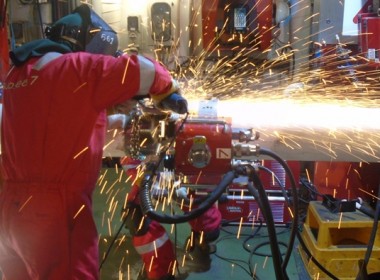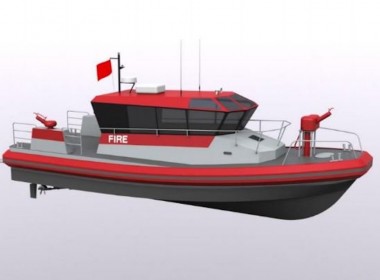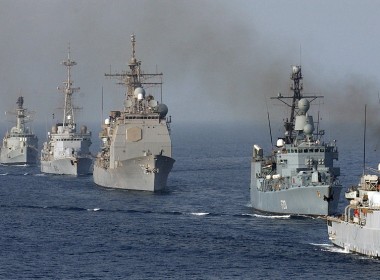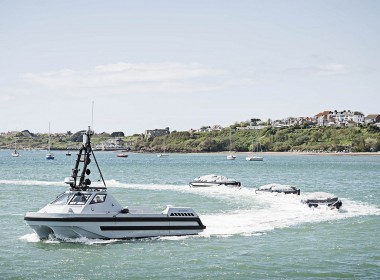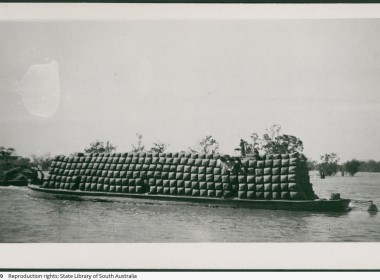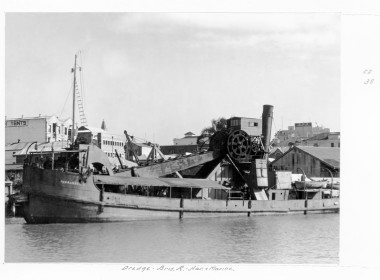COLUMN | The Wizards of Oz revisiting the UK [The Education of an Innocent Australian]
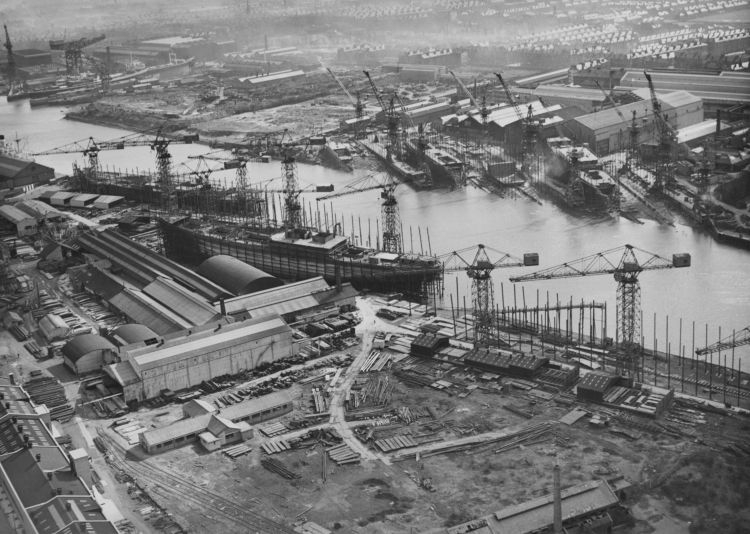
Late in 1969 in Australian ports I was one of the many deck officers in the merchant navy in a vibrant shipping industry dominated by British ships.
Sensing that my impending Master’s certificate would have limited choices in shore careers, I made the decision to reset my life and take a career in ship design. But should I do this naval architecture course in Sydney or Glasgow? Without the benefit of grants or subsidies, I had to gain this qualification quickly, so I chose Glasgow in my native Scotland. Sydney had too many bikini girls, parties and other distractions, whereas Glasgow had fiercely overdressed women and dreadful weather so there would be total focus.
On board the cruise ship Fairstar with me, leaving Sydney for UK, there were hundreds of Aussies and Kiwis en route to a two-year working holiday. They would join the tens of thousands of others basing themselves within drinking distance of Earl’s Court in London, sharing tiny flats, sleeping on settees and floors, spartan standards while enjoying themselves.
At the time many of the Australian financial whiz kids in the London Private Equity scene, were collectively dubbed the “Wizards of Oz”. Even the cultural exchange had started and the Bee Gees from suburban Brisbane were stamping their impact on the UK pop music scene. Times were good.
I bought an old timber ketch and lived on board it near Glasgow, figuring that after three years my boat would fetch a reasonable sale price whereas flat rental would never be seen again.
To subsidise my “mature student” poverty lifestyle, I was driving a taxi at weekends around the shipbuilding city of Clydebank. This was generating enough revenue until Edward Heath’s government had ruled that shipbuilding had to survive without state subsidies and refused to keep the Upper Clyde Shipyards open.
“Every family in the area was affected adversely”
The archaic Scottish shipyards, open to all the dreadful weather conditions were no match for modern undercover Asian yards, and the meagre one million pound annual subsidy was considered “too much” by the aristocratic effeminate Heath, who never came near the place. Nor did his leadership team have the aggregate brain power to consider investing in new shipbuilding infrastructure to be internationally competitive.
Read the Hansard records and you will shake your head at this depressing stuff.
With thousands immediately out of work, all services, including taxi drivers, were doing it tough. I personally witnessed the immediate rise in domestic violence, crime and shops being fitting with metal shutters like they do in war zones. Every family in the area was affected adversely.
This eye-opener for me was the base for my absolute despising of Green groups and Labor sycophants who stop projects and regional employment because of their stupid ideology of green madness.
So as a part time taxi driver, I had to work long hours to make enough to eat. Within months, the skilled workers from the shipyards and their families had left for Canada, South Africa, Australia and New Zealand. The Scottish Shipbuilding Industry, once the world’s leading ship building nation with a spectacular 100 year history, was over.
Needless to say, Heath was considered a fool by me, my relatives and friends for not thinking of any long term strategy or consequences. So it was hardly surprising to me that the same fool oversaw the joining of the European Economic Community in 1973, without any referendum at all. Personally, I was acutely aware of the “Commonwealth” as I was a part player on red ensign ships trading goods between commonwealth countries.
I was disappointed watching the TV interviews of people in the street when journalists quizzed them about joining the EU and leaving their old trading allies in Australia, New Zealand and Canada. Overwhelmingly they responded, “Well we gotta look after ourselves and EU is a bigger and closer market”. Little did they know Heath had sold them a pup.
Why not indeed?
When I returned to Australia in 1974 the red ensigns had already disappeared. New container ship companies were starting routes between Japan, Korea, China and Australia and New Zealand.
I started my own company in 1976 in Queensland in ship design and consultancy. 42 years later, after I had visited 70 countries 10 times, I managed to sell our unique ship designs to 47 countries including the UK. Culturally we liked dealing with UK, some other nations we learnt that the people only lied when their lips moved.
As an attendee at the Anglo–Australian Forum in Sydney last week I was contemplating how can we re-establish a strong trade between UK and Australia.
Addressing the elimination of problems on our respective doorsteps, I flippantly suggested swapping Tasmania for Ireland, with UK keeping the change, with Matt Canavan adding, “as long as they take Bob Brown”.
My second suggestion did not get aired, but it was for the UK to co-operate in the design and build of floating 90MW nuclear power stations so that each Australian city could promptly get a “plug and play” emissions-free, cheap power solution, each saving 65,000 tonnes of coal or oil fuel a year.
This would be a great trade deal. Especially using Australian thorium and uranium at the same time as re-opening our university faculties in nuclear engineering and co-operating closely with UK on the development of nuclear power including added value instead of just exporting raw materials
Why not indeed?


